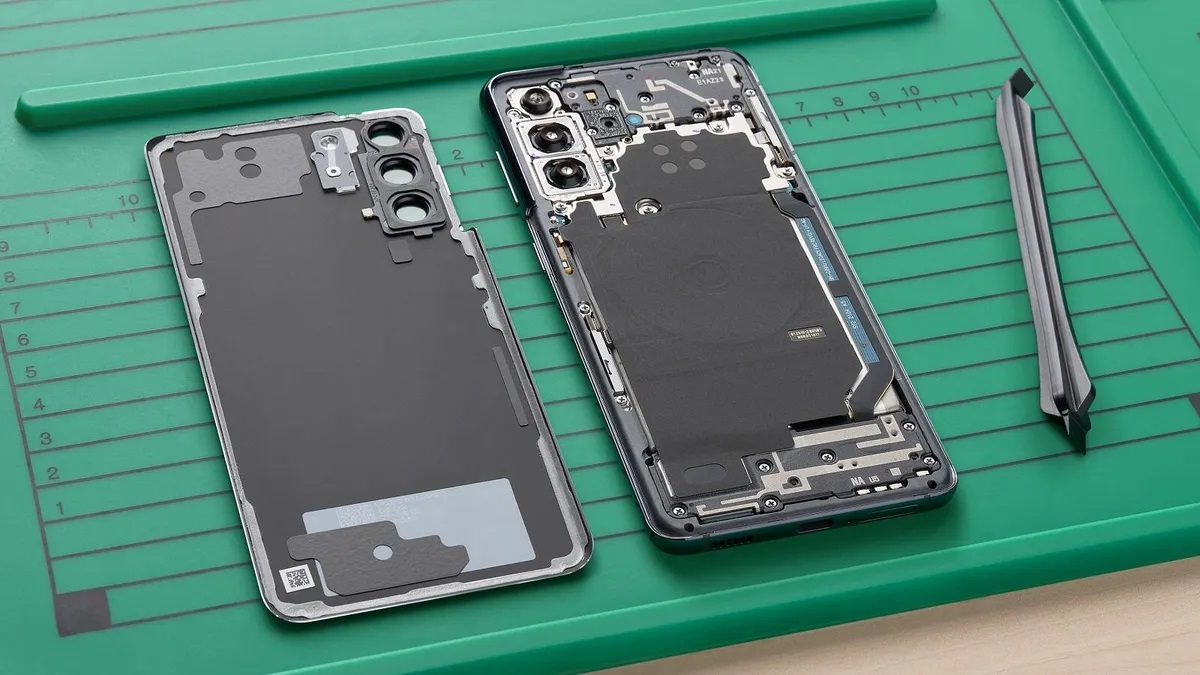The Oregon House has passed a right to repair bill with a significant majority of 42 votes to 13. If signed into law, Oregon would join a handful of states in enacting such legislation, with a unique and aggressive approach that has garnered both support and opposition from major tech companies.
Key Takeaway
The Oregon House has passed a right to repair bill with aggressive language, sparking both support and concerns from major tech companies. The bill, which addresses the practice of “parts pairing,” has received bipartisan support and is now awaiting potential enactment into law.
Google’s Endorsement and Apple’s Concerns
Google has openly endorsed the bill, considering it a compelling model for other states to follow. In contrast, Apple has expressed less enthusiasm, particularly regarding the practice of “parts pairing,” which requires the use of proprietary components for repaired devices to function as intended. Apple’s senior manager, John Perry, highlighted concerns about potential unauthorized access to personal data due to the bill’s current parts pairing wording.
Advocacy and Frustrations
Advocates for the right to repair, such as PIRG, have long petitioned for the elimination of manufacturer restrictions, citing it as a significant obstacle. OPIRG state director Charlie Fisher emphasized the importance of the Right to Repair in conserving resources and preventing waste. Senator Sollman expressed frustration over the lack of direct communication from Apple during the bill-crafting process, stating that many proposed changes were entertained, but concerns about parts pairing remained.
Bipartisan Support and Next Steps
The bill has received bipartisan support in both the state Senate and House and is now headed to the governor’s desk for potential signing into law.

























